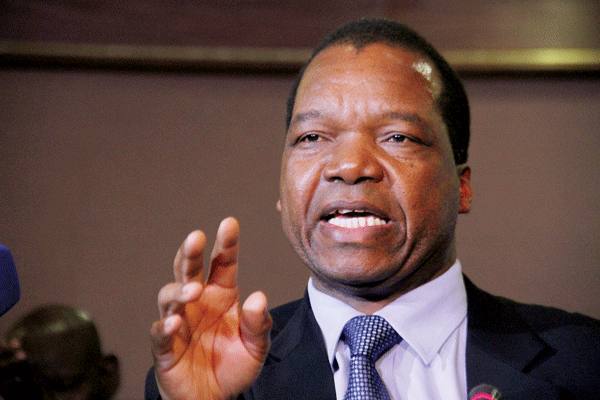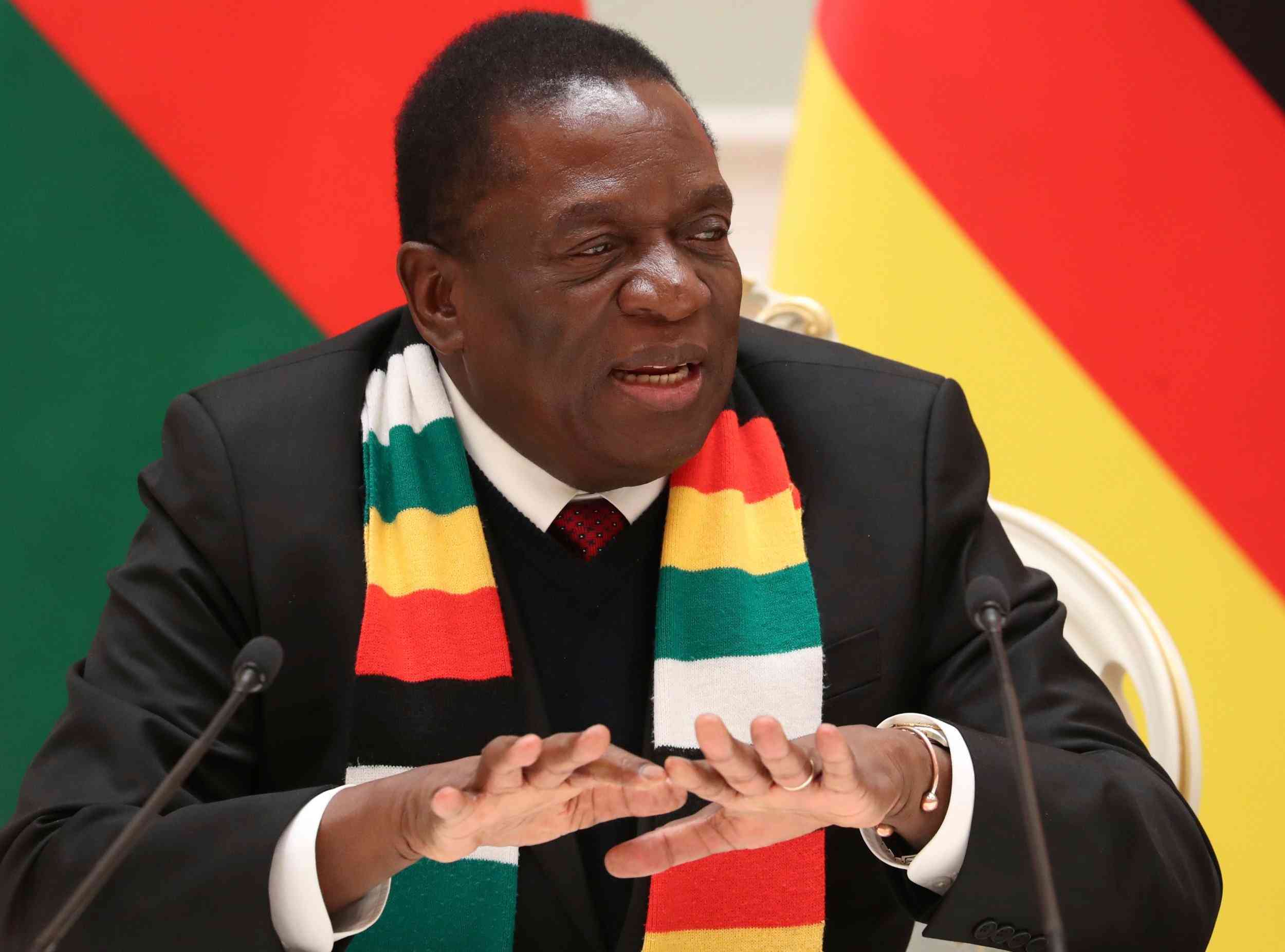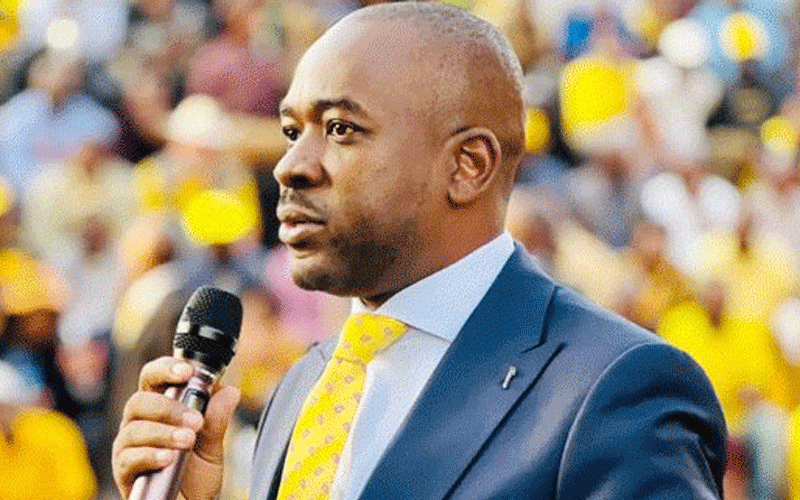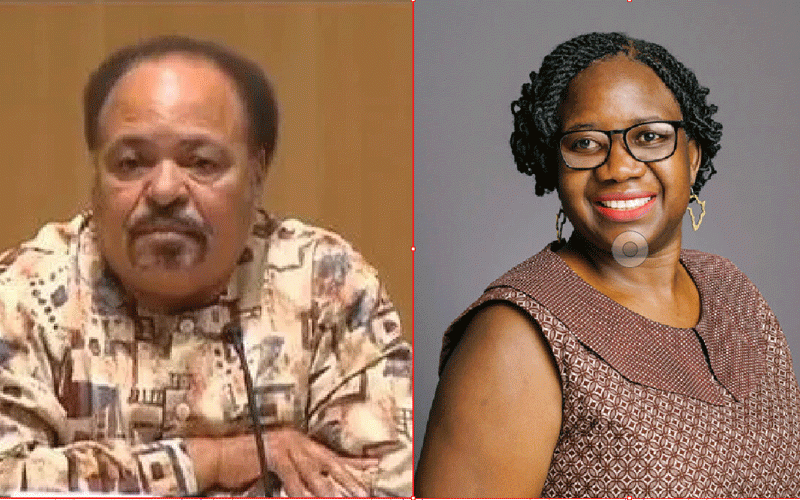
By Farai Matiashe
Only five banks used the interbank foreign currency market on the first day of trade on Friday where at least US$5 million exchanged hands, it has been revealed.
The Reserve Bank of Zimbabwe (RBZ) last Wednesday re-established the interbank foreign currency exchange system after a decade of using a multicurrency system.
The new interbank foreign currency system allows electronic transfer of the hard currency among banks and helps traders as well as exporters to settle their US$ obligations through the formal banking system.
A senior RBZ official said at least US$5 million was traded on Friday and more was expected this week as more banks were set to join after making improvements on their systems.
“So far only five banks were by Friday trading on the interbank market as most of them are yet to upgrade their systems to accommodate US$ trade,” the official said.
“From the figures available, more than $5 million was traded at the opening of the interbank platform and with some big firms buying the USD$ and some selling it to banks.”
On Saturday, government gazetted a Statutory Instrument (SI) making the establishment of the local bond notes, real-time gross settlement (RTGS) balances and bond coins a separate legal tender that would compete on the money market together with other currencies in the multi-currency basket.
- Chamisa under fire over US$120K donation
- Mavhunga puts DeMbare into Chibuku quarterfinals
- Pension funds bet on Cabora Bassa oilfields
- Councils defy govt fire tender directive
Keep Reading
The central bank said all the RTGS dollar balances before the promulgation of the SI, remained of the same value as the USD$ at 1:1.
RBZ governor John Mangudya (pictured below) told The Standard that the RTGS dollar value changes when a person wants to get the hard currency and its value would be determined by market forces.
“People should not get confused. In the bank, the RTGS balances have the same value with the USD but when one wants forex at the bank, then it changes and its value is determined by the rate prevailing at that particular bank,” he said.
“We have not devalued the RTGS balances, but allowed people to access the forex at a rate which is competitive and allows the economy to grow.
“Your $1 000 in the bank is still $1 000. However, when you want to get the USD$, the rate and value will be determined by the market.”









